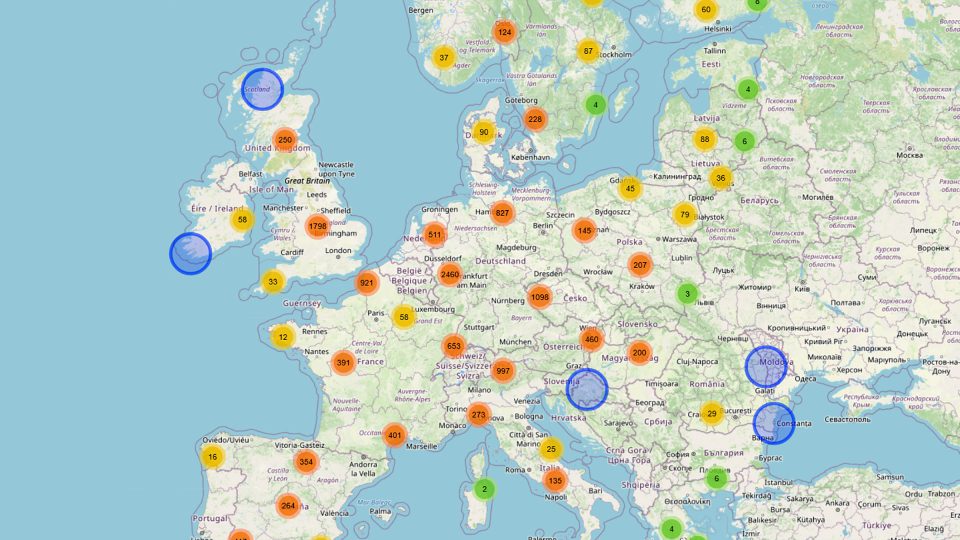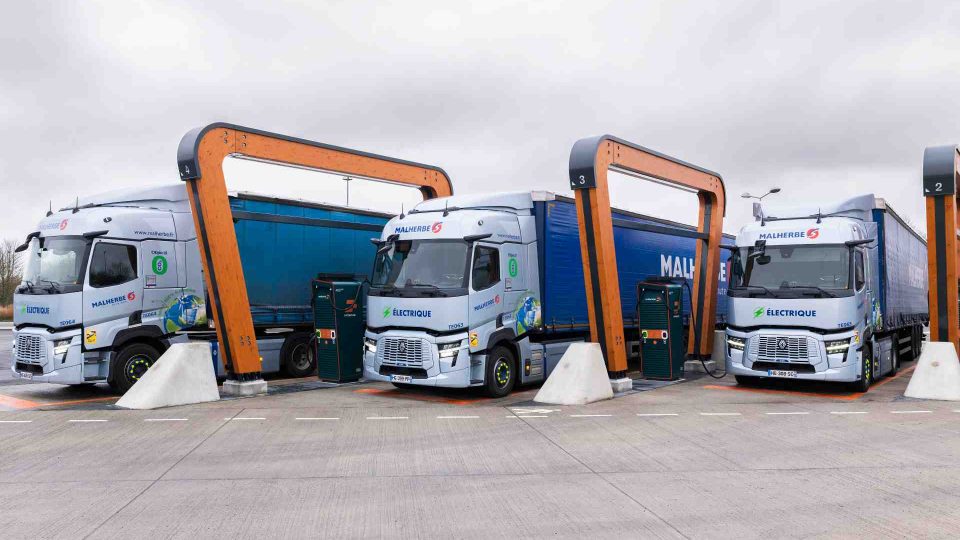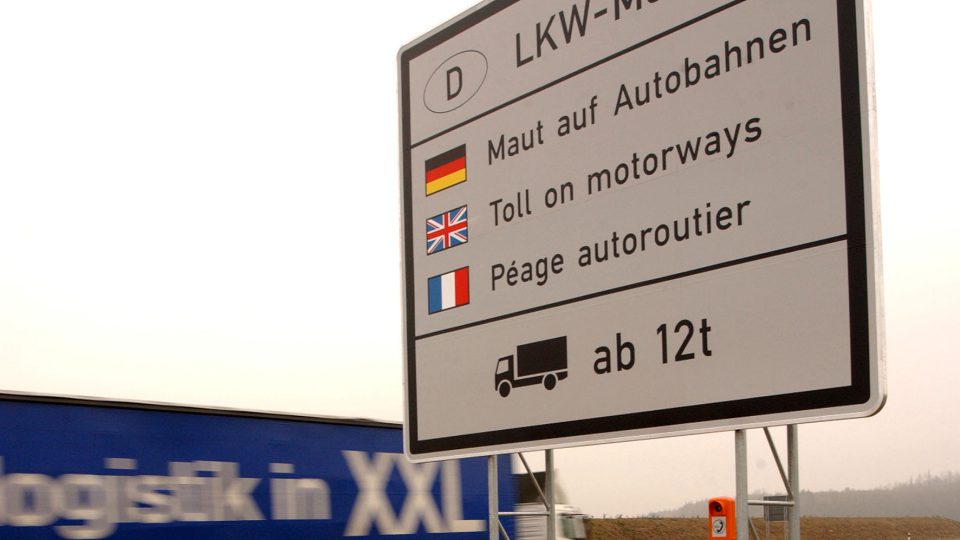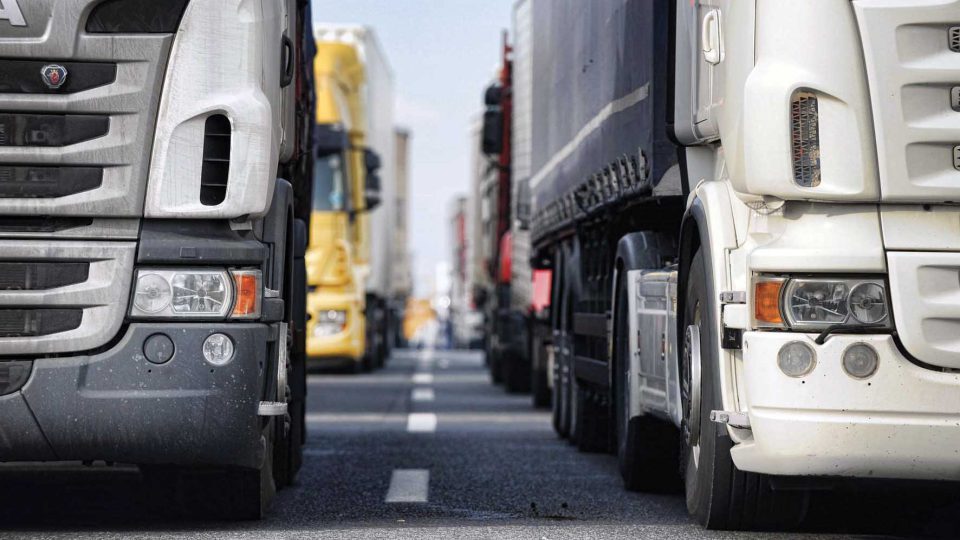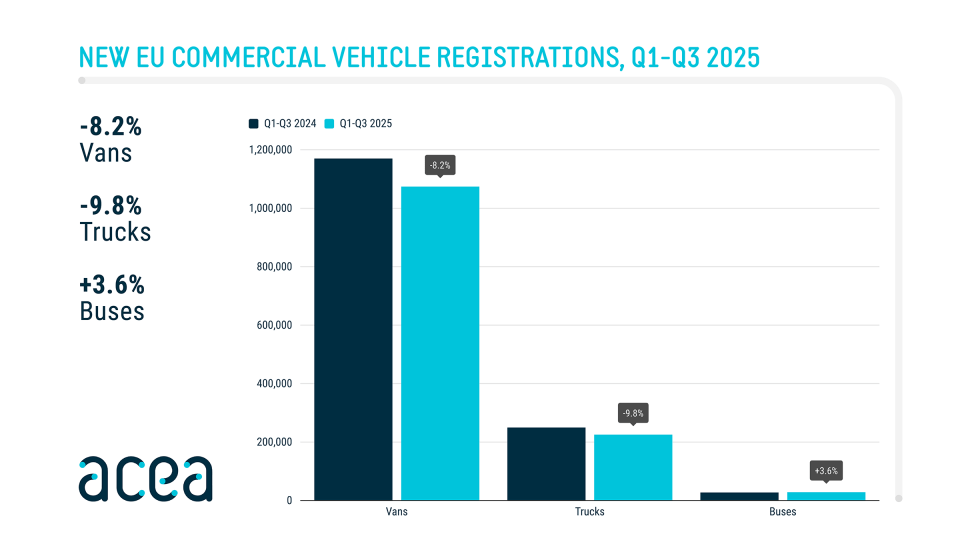EU Commission’s proposal on Euro 7/Euro VII for cars, vans, trucks and buses
in 2035, Euro 7 will lower total NOx emissions from cars and vans by 35% compared to Euro 6, and by 56% compared to Euro VI from buses and lorries. ACEA's concerns: "To comply with Euro VII, truck makers will have to move substantial engineering and financial resources from battery and fuel-cell electric vehicles back to the internal combustion engine".

The EU Commission has just released its awaited proposals for the Euro 7/Euro VII emissions standard, which is scheduled to come into force in July 2025 for cars and vans and July 2027 for trucks and buses. The Commission has taken into account the social implications of the energy transition, softening the positions first taken so as not to overly penalize industry and consumers, with the latter expected to pay the price of complying with the new regulations. More stringent limits were proposed for heavy-duty vehicles, with ACEA, the European Automobile Manufacturers’ Association, making its voice heard to highlight critical issues related to compliance with the new standard.
As a matter of fact, Euro 7 sets stakes in terms of allowable emissions (introducing the concept of ‘overall’ emissions, also concerning, for instance, the braking system or tires and no longer just the engine) regardless of the vehicle’s technology or fuel.
The UE Commission on the new Euro 7 emissions standard
More into details, in 2035, Euro 7 will lower total NOx emissions from cars and vans by 35% compared to Euro 6, and by 56% compared to Euro VI from buses and lorries. At the same time, particles from the tailpipe will be lowered by 13% from cars and vans, and 39% from buses and lorries, while particles from the brakes of a car will be lowered by 27%. According to the EU Commission, the agreed target for 100% CO2 reduction by 2035 for cars and vans has been taken into account in this proposal.
Moreover, the EU Commission’s proposal points out that “all vehicles will need to comply with the rules
for a longer period than until now. Compliance for cars and vans will be checked until these vehicles reach 200,000 kilometres and 10 years of age. This doubles the durability requirements existing under Euro 6/VI rules (100,000 kilometres and 5 years of age). Similar increases will take place for buses and lorries”.
The very first reactions: ACEA
ACEA seems to be quite concerned about the proposal, described as “particularly harsh for trucks”. The need to rethink thermal engines in order to comply with the new standard – according to ACEA – would require manufacturers to invest quite a lot of resources in this regard, slowing the already underway transition to alternative drives, and electric in particular. “Last year we made a very constructive proposal for a new Euro 7 which would bring a major reduction in criteria pollutants, thus improving air quality,” explained Oliver Zipse, ACEA President and CEO of BMW. “Unfortunately, the environmental benefit of the Commission’s proposal is very limited, whereas it heavily increases the cost of vehicles. It focuses on extreme driving conditions that have hardly any real-life relevance.”
Potrebbe interessarti
Where to install charging points for e-trucks in Europe? ACEA and Fraunhofer try to get an answer
“To comply with Euro VII, truck makers will have to move substantial engineering and financial resources from battery and fuel-cell electric vehicles back to the internal combustion engine”, stated Martin Lundstedt, CEO of Volvo Group and Chairperson of ACEA’s Commercial Vehicle Board. “This will severely impact our transition to zero-emission vehicles. It is not good for the climate, not good for people’s health and not good for the industry”. Lundstedt then added: “Policy makers should focus on measures that accelerate fleet renewal, prioritising investments in zero-emission vehicles, which will have a far bigger impact on both air quality and reduced CO2 emissions”.
Also, the Euro 7/VII legislative package will likely not be ready before mid-end 2024, especially considering the long list of additional tests it covers. The proposed implementation dates – July 2025 for cars and vans and July 2027 for heavy-duty vehicles – are unrealistic, according to ACEA, “given the huge number of vehicle models and variants that need to be developed, engineered, tested and type approved before then. Euro 7/VII therefore risks being very complex and costly”, ACEA cautions”.



